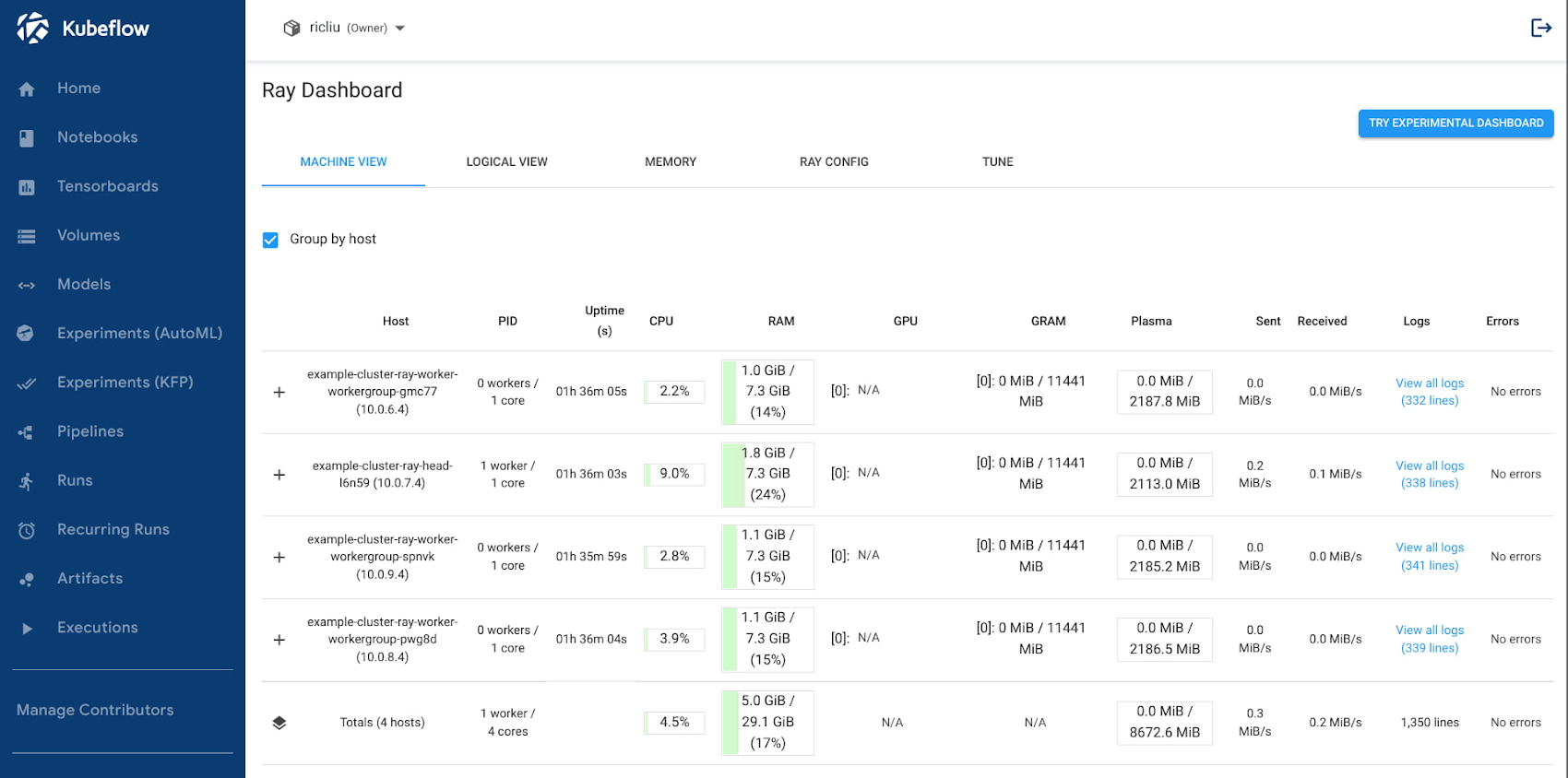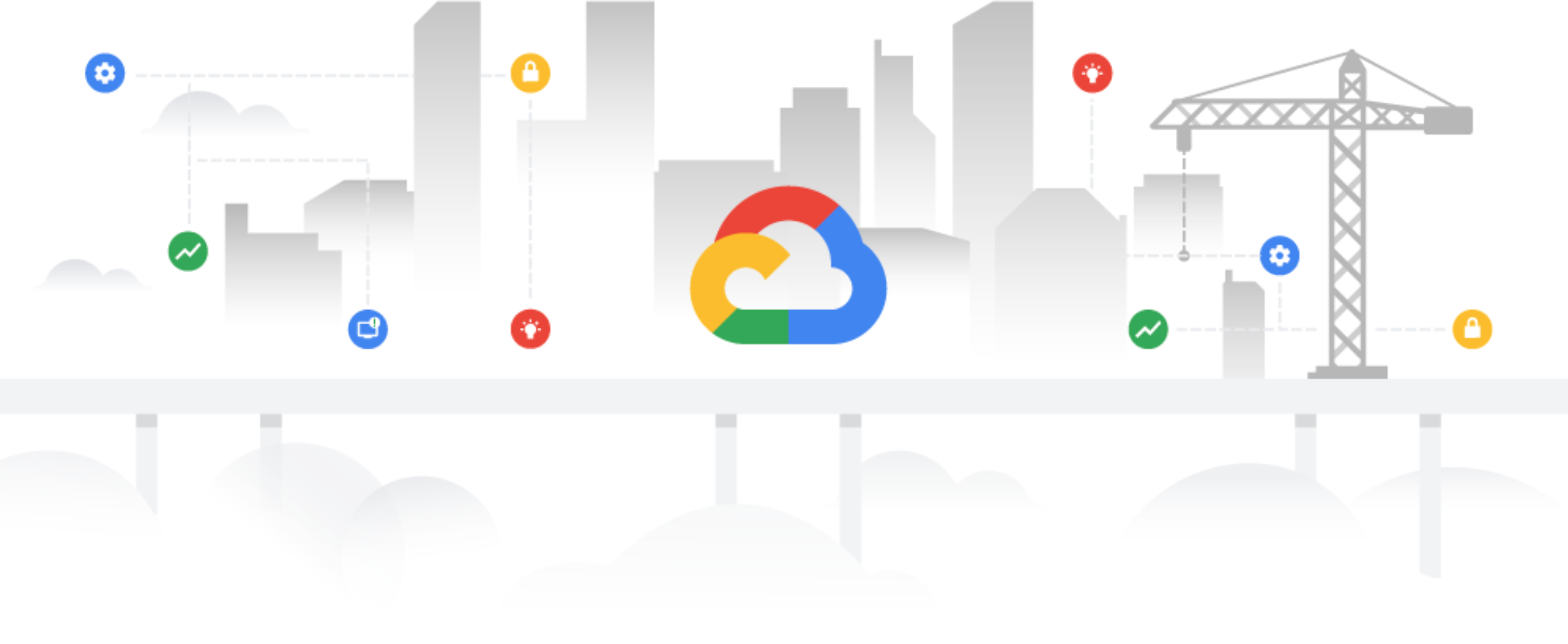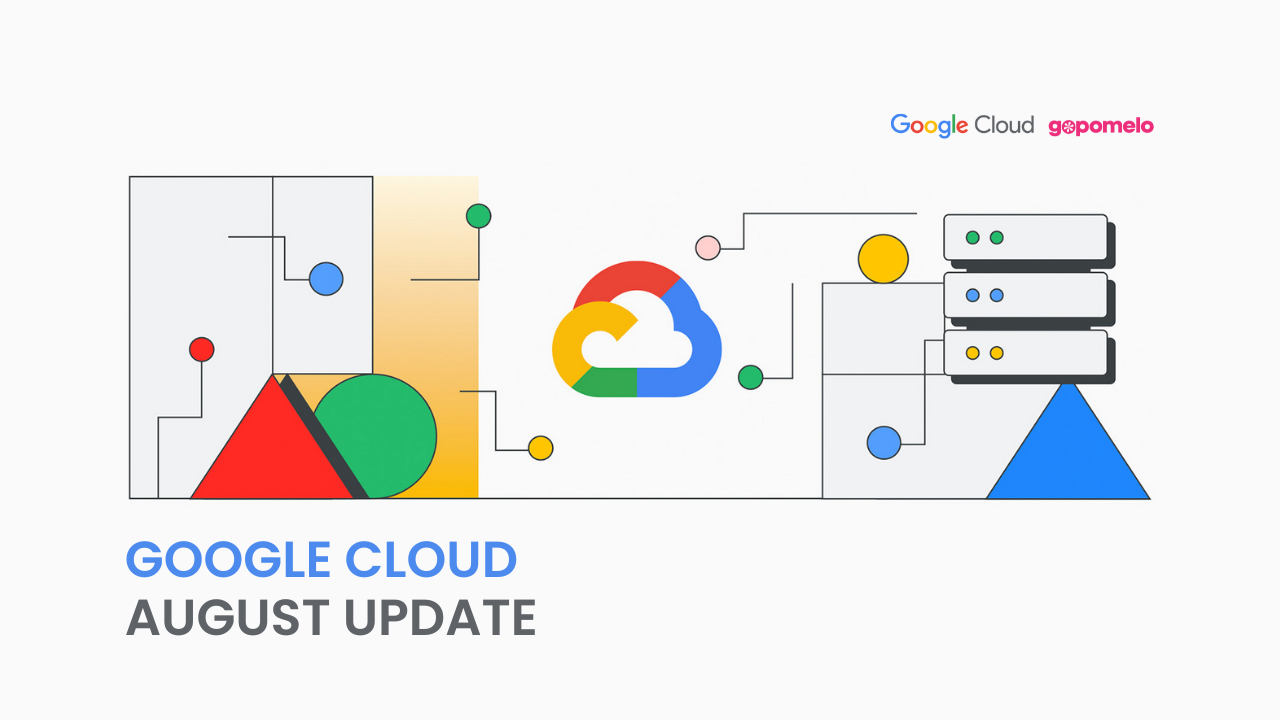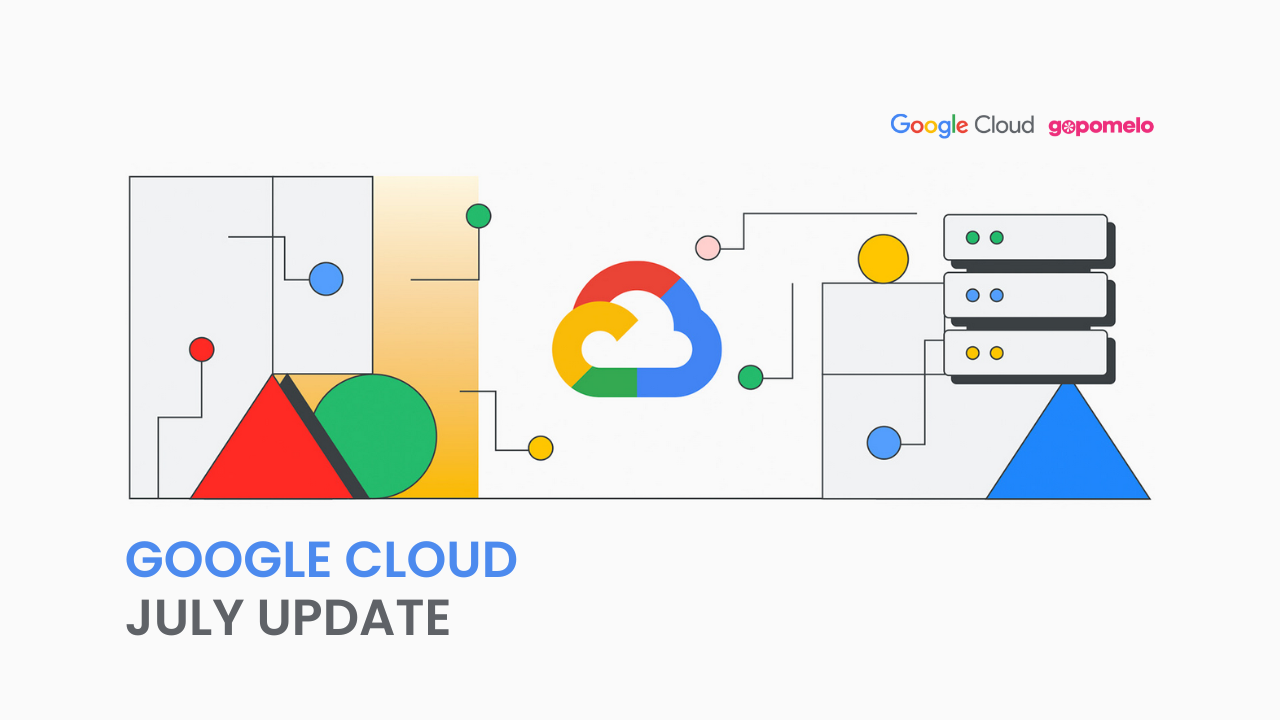Google Cloud Features Update Summary - September 2022
The summary of essential information about Google Cloud in September 2022.
-3.png?width=100&name=Google%20Cloud%20Icon%20Logo%20Large%20192px%20color%20(png)-3.png)
 Develop for Compute Engine in your IDE with Cloud Code
Develop for Compute Engine in your IDE with Cloud Code
When developing services with Compute Engine, our customizable compute service that lets you create and run virtual machines on Google’s infrastructure, you’ll likely find yourself frequently switching between your code editor, terminal, and the Google Cloud Console.
September 02 | Google Cloud: Application Development
Cloud Code is a set of IDE plugins for popular IDEs like VS Code and IntelliJ that make it easier to develop applications that use Google Cloud services. Read More.
Introducing Kubernetes control plane metrics in GKE
An essential aspect of operating any application is the ability to observe the health and performance of that application and of the underlying infrastructure to quickly resolve issues as they arise.
September 08 | Google Cloud: Containers & Kubernetes
Google Kubernetes Engine (GKE) already provides audit logs, operational logs, and metrics along with out-of-the-box dashboards and automatic error reporting to facilitate running reliable applications at scale. Read More.
Take your ML models from prototype to production with Vertex AI
Developing production applications or training large models requires additional tooling to help you scale beyond just code in a notebook, and using a cloud service provider can help. But that process can feel a bit daunting.
September 13 | Google Cloud: AI Machine Learning
You’re working on a new machine learning problem, and the first environment you use is a notebook. Read More.
Latest database innovations for transforming the customer experience
We’re all accustomed to Google magic in our daily lives. When we need information like the time a store closes, the best route to a destination, help cooking a favorite recipe — we just ask Google. Google is known for providing useful information everywhere, wherever you are.
September 15 | Google Cloud: Databases
Data’s journey begins in operational databases, where the data is born as users and systems interact with applications. Read More.

Accelerate migration from self-managed object storage to Cloud Storage
Customers want to leverage Google Cloud Storage for its simplicity, scalability, and security. But migrating 100s of TB of data from a self-managed object storage is complicated.
September 16 | Google Cloud: Developers & Practitioners
To accelerate and simplify this migration, Storage Transfer Service recently announced Preview support for moving data from S3-compatible storage to Cloud Storage. Read More.

Building trust in the data with Dataplex
Analytics data is growing exponentially and so is the dependence on the data in making critical business and product decisions. In fact, the best decisions are said to be the ones which are backed by data.September 21 | Google Cloud: Data Analytics
As the data volumes have grown - one of the key challenges organizations are facing is how to maintain the data quality in a scalable and consistent way across the organization. Read More.

Exporting and analyzing billing data using BigQuery
First things first, exporting your billing data to BigQuery is exactly what it sounds like: it exports data from your billing account (which handles the costs for all your Google Cloud resources) into BigQuery.
September 22 | Google Cloud: Developers & Practitioners
BigQuery is a great choice for analyzing data, where you can run queries against your data. Having this data in BigQuery also makes it much easier to integrate with other tools, like Looker or Data Studio for visualization. Read More.

Building a Machine Learning Platform with Kubeflow and Ray on Google Kubernetes Engine
Increasingly more enterprises adopt Machine Learning (ML) capabilities to enhance their services, products, and operations. As their ML capabilities mature, they build centralized ML Platforms to serve many teams and users across their organization.
September 23 | Google Cloud: AI Machine Learning
Machine learning is inherently an experimental process requiring repeated iterations. An ML Platform standardizes the model development and deployment workflow to offer greater consistency for the repeated process. Read More.

Introducing Cloud Logging - Log Analytics, powered by BigQuery
Logging is a critical part of the software development lifecycle allowing developers to debug their apps, DevOps/SRE teams to troubleshoot issues, and security admins to analyze access.
September 28 | Google Cloud: Devops & Sre
Today, we’re pleased to announce Log Analytics, a new set of features in Cloud Logging available in Preview, powered by BigQuery that allows you to gain even more insights and value from your logs. Read More.

What’s new with Google Cloud
Google Cloud Logging launches Log Analytics powered by Big Query. The feature allows Log users to use the power of BQ within Cloud Logging to perform Analytics on Logs.
September 29 | Google Cloud: Inside Google Cloud
You can update your existing Log Buckets to start using Log Analytics. It does not require complex data pipeline configurations to ingest data. Read more.
Source: https://cloud.google.com/blog/products/gcp
















 Twitter
Twitter Youtube
Youtube.png)

